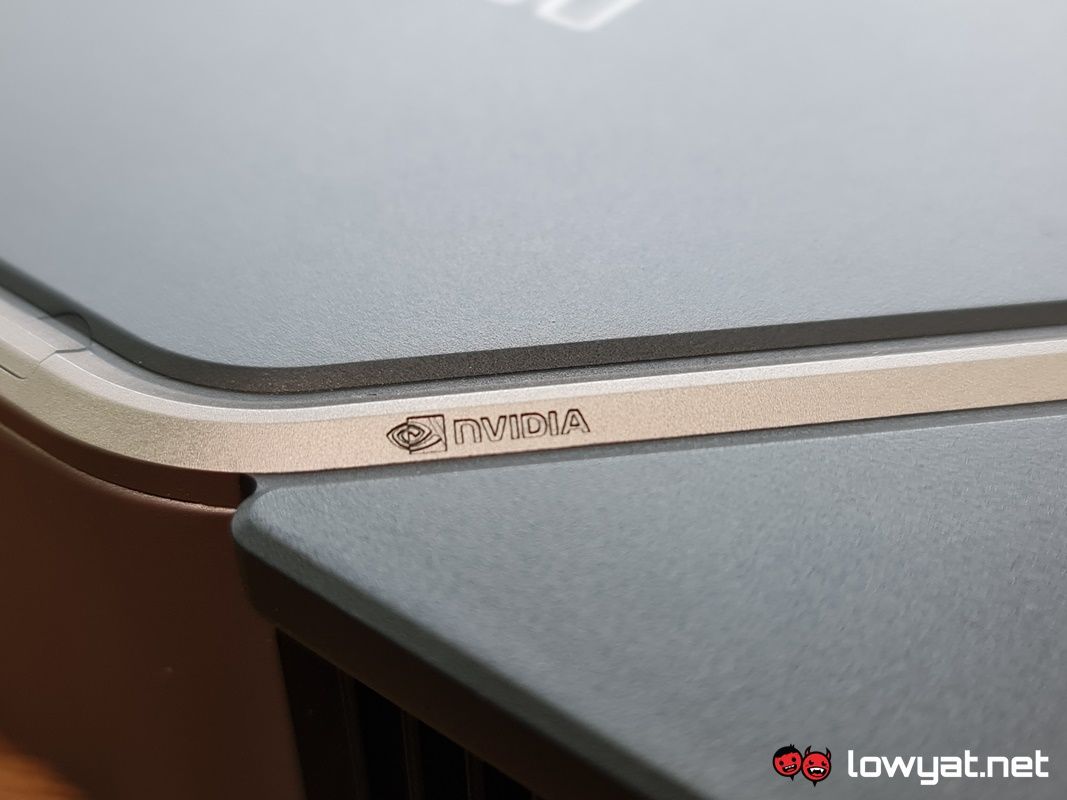It’s a matter several regulatory bodies in several countries have also expressed concern about, with the US’ own Federal Trade Commission (FTC) having recently begun its own in-depth probe into the deal. NVIDIA confirmed back in September that it would be acquiring ARM for a sum of US$40 billion (~RM161.7 billion) from Softbank. Unsurprisingly, there are growing fears over NVIDIA’s acquisition of ARM, specifically in regards to how the former would handle patents and distribution rights of the latter, post-merger; ARM supplies its chip technology to virtually every major tech giant in the world and counts companies like AMD, Apple, Samsung, and Google as some of its biggest customers.
In regards to the issue, Jen-Hsun Huang, CEO of NVIDIA, has gone on the record to say that NVIDIA would respect and not hinder ARM’s open-licensing model and customer neutrality. At best, the acquisition would mean that ARM chips in the future could simply carry the “NVIDIA” branding on them. As to why NVIDIA chose to bring ARM under its fold, the brand said that it intends on using ARM chip to advance and expand its AI innovations further. To that end, it also promised that it will build a new supercomputer in the UK chipmaker’s home of Cambridge. (Source: The Verge, Bloomberg, Reuters)
